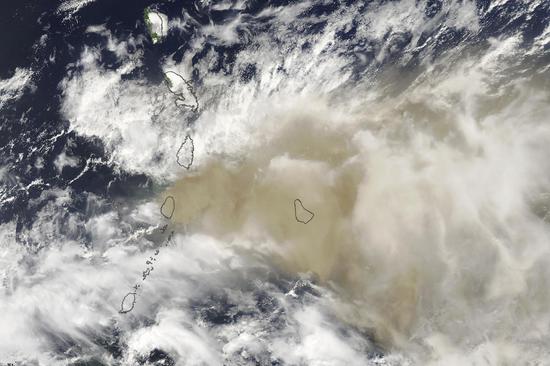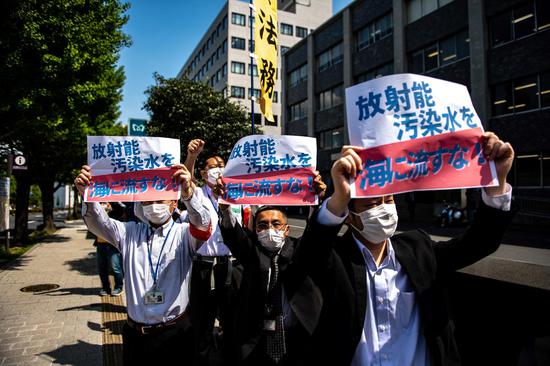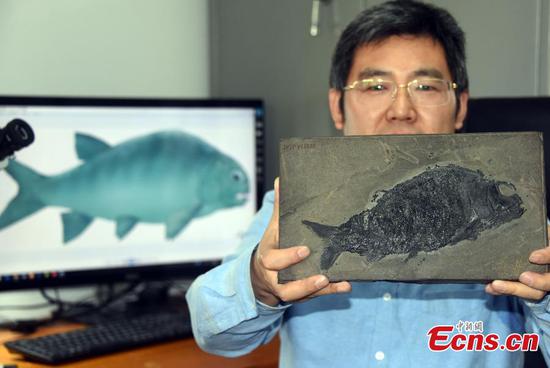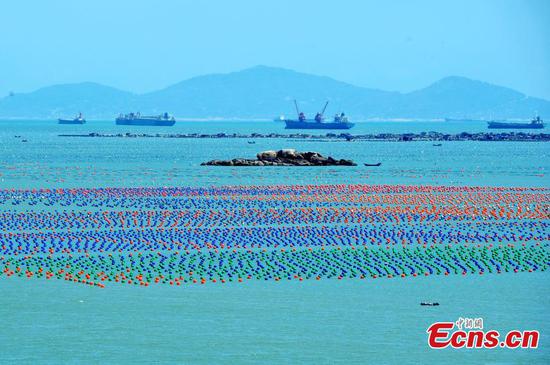It is a "positive step" for the world that the United States and China are cooperating on sustainable finance under the Group of 20 (G20), International Monetary Fund (IMF) Managing Director Kristalina Georgieva has said.
"Certainly having the two largest economies cooperating on sustainable finance is a very positive step in a world that is undergoing transformation, primarily because of the pressures that are coming from climate risks, and also to make sure that social and environmental issues are well integrated in investment strategies," Georgieva said in an exclusive interview with Xinhua on Tuesday.
Georgieva's remarks came after G20 finance ministers and central bank governors agreed last week that the sustainable finance study group will be upgraded to a fully-fledged working group, co-chaired by China and the United States.
"What we expect is that the G20 will come up with a clear roadmap for how sustainable finance can more deeply be integrated in financial systems," she said.
Georgieva said the IMF strongly supports the immediate objectives of the G20's sustainable finance agenda, citing standardized reporting and the role of international financial institutions in sustainable finance.
"We will be of course engaged in providing technical support as the work moves forward," she said.
Climate change presents pressing risks to financial stability in two ways, namely physical risks and transition risks, Georgieva said.
On the one hand, more frequent and devastating climate-related natural disasters are already causing financial losses and putting pressures on financial institutions to more adequately recognize and buffer against these risks.
On the other hand, as policies shift towards low-carbon climate-resilient development, some sectors become less attractive for financing and also a high risk in the portfolio of investors, she said.
"What the IMF is doing is using a very well-established tested instrument, financial sector assessment programs, to help countries identify these risks and integrate them in their financial sector policies," she said.
Georgieva also praised the People's Bank of China, the Chinese central bank, for its efforts to encourage financial institutions to support green investments while attaching great importance to the quality of these investments.
"I am so pleased that the People's Bank of China is very systematically engaging in providing a good guidance on green standards. In addition to that, it is taking to heart the other aspect of the transition to the new climate economy, which is climate-related financial stability risks," she said.
The IMF and the People's Bank of China are scheduled to hold a high-level seminar on green finance and climate policy on April 15-16, discussing international experience on green finance and the role of central banks, financial regulators, financial institutions and investors.
By the end of last year, China's outstanding green loans reached nearly 12 trillion yuan (about 1.84 trillion U.S. dollars), the highest in the world, official data showed.


















































